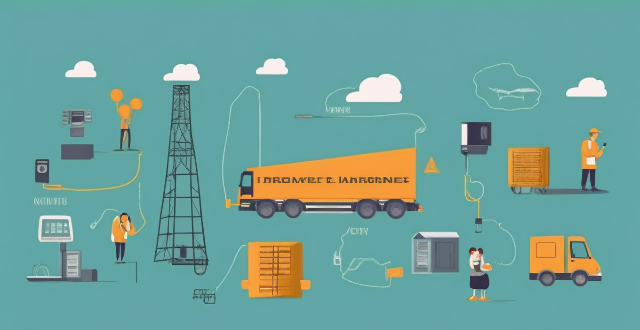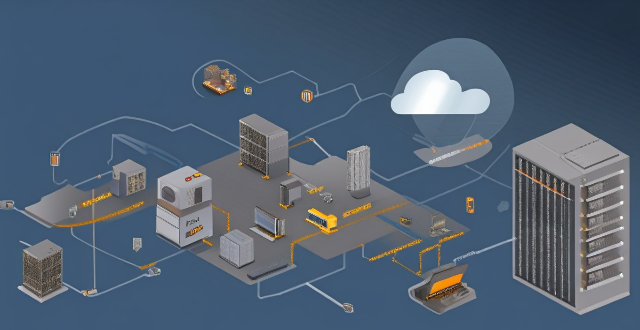Backup Disk

**How long does it typically take for iCloud to complete a full backup ?
iCloud backup time varies based on data amount, internet speed, device performance, and server issues. Small backups may take 1-2 hours, moderate ones several hours, and large ones several days. Tips to improve backup times include connecting to Wi-Fi, closing unused apps, updating the device, checking internet connection, and contacting Apple Support if needed.

How important is it to have a backup power source in case of emergencies ?
The importance of having a backup power source in case of emergencies is crucial in today's world where we rely heavily on electricity. A backup power source can prevent data loss, maintain essential services, ensure safety, reduce downtime, and improve quality of life during power outages. There are various types of backup power sources available, including UPS, generators, solar power systems, and battery backups. Investing in a backup power source is an investment in peace of mind and preparedness for any emergency situation.

**How often does iCloud back up my device, and can I control when it happens ?
iCloud backup is a feature that automatically backs up iOS devices to Apple's cloud storage service, ensuring data safety and restoration if needed. The frequency of these automatic backups depends on available iCloud space and device usage, typically occurring daily under specific conditions like Wi-Fi connection and device lock. Users can control when iCloud backup happens by manually initiating backups, turning off automatic backups, or adjusting backup settings.

**Does iCloud backup cover all the apps and data on my iPhone or iPad ?
This article explains what iCloud Backup is, what it includes, and what it does not include. It also provides steps to ensure that everything you want backed up is actually being backed up to iCloud.

What happens if my home security system fails during a power outage ?
### What happens if my home security system fails during a power outage? **Scenario Overview:** During a power outage, the functionality of your home security system depends on its type and configuration. Here's what typically happens: #### Battery Backup Systems - **Immediate Shift to Battery Power:** Modern systems switch automatically to battery backup during outages. - **Notification to Homeowner:** Some systems alert homeowners when they switch to battery power. - **Reduced Functionality:** To conserve battery life, certain features like live video streaming might be reduced or turned off. #### Non-Battery Backup Systems - **Loss of Power Means Loss of Function:** Without a backup, the system stops working, leaving your home unmonitored. - **Potential for False Alarms:** Sudden power loss can sometimes trigger false alarms as systems shut down. - **Risk of Unauthorized Access:** With no active security, your home could be vulnerable to break-ins. #### Cellular-Based Systems - **Continued Operation:** Systems that use cellular signals for communication often keep working since they don’t rely on home electricity. - **Possible Data Usage Increase:** More frequent status updates or reconnection attempts could increase data usage. #### Smart Home Integrations - **Dependent on Hub Power Source:** Devices integrated with your security system may rely on the hub’s power source. If the hub has a battery backup, it continues to function; otherwise, it's affected by the outage. - **Possibility of Remote Access:** You might still monitor and manage your system remotely through a smartphone or other device. #### Mitigation Strategies To ensure your home remains secure during a power outage: - **Install a Battery Backup:** This keeps your system functional during short outages if it doesn’t have one already. - **Regularly Test Your System:** Include responses to power failures in your tests to ensure expected functionality. - **Invest in a Uninterruptible Power Supply (UPS):** A UPS provides temporary power, extending operation beyond just battery backup. - **Stay Informed About Power Outages:** Being aware of potential outages helps you prepare, such as charging backup batteries beforehand.